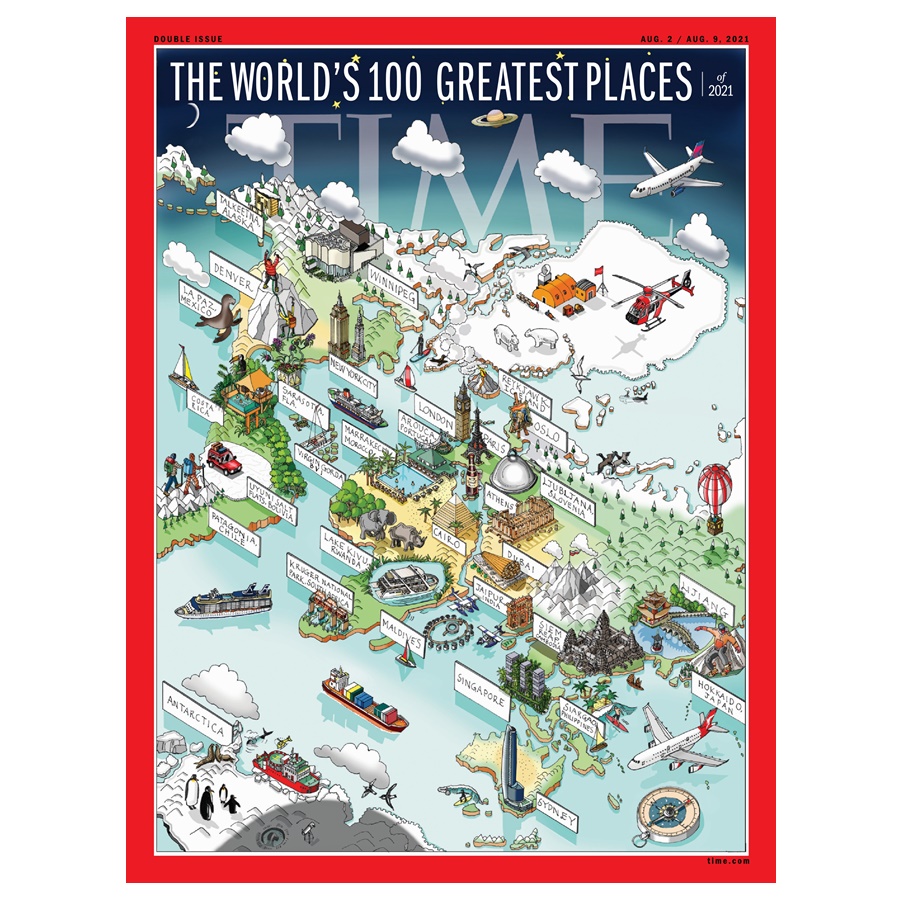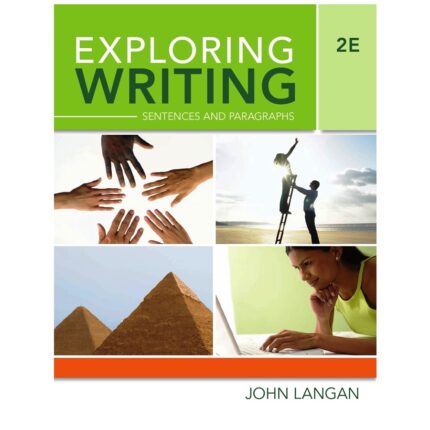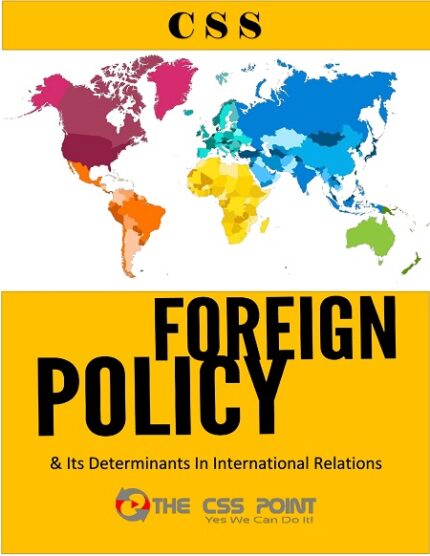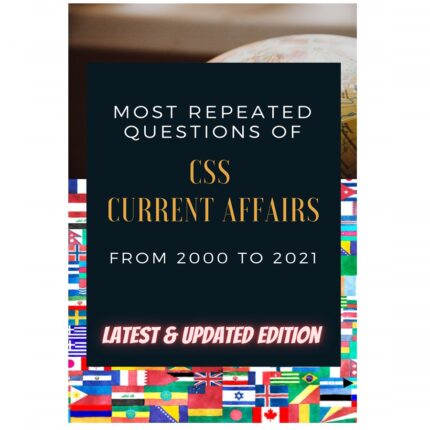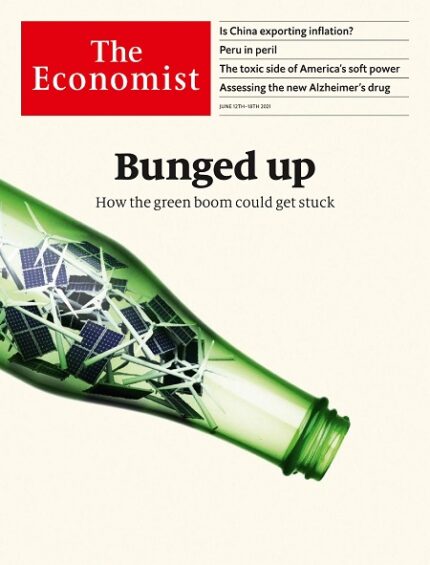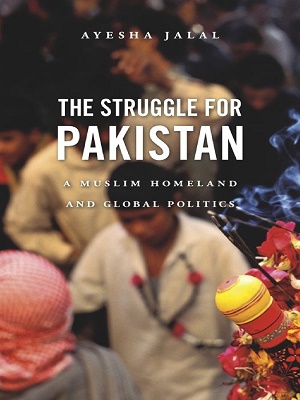Time Magazine 9th August 2021 – Double Issue. Pia Negro’s family has lived in a castle in Erftstadt, in western Germany, for 300 years.
They have spent the past 30 years restoring it to its former glory. But they left it in minutes on July 15, evacuating at around 4 a.m. as the worst floods to hit the country in centuries rushed toward their home. “We couldn’t bring anything—not the very old furniture, not even photos that are highly emotional, just our phones,” says Negro, 32.
The castle’s 40 inhabitants, including Negro’s family and renters, had spent the previous day moving furniture to higher floors and went to bed that night once the rains had stopped. But as they slept, muddy waters continued to rise in two nearby rivers. Soon after the residents evacuated, the castle and surrounding village were submerged almost entirely. What’s left of the building remains inaccessible, Negro says. “We are just in shock that something like that can happen to our home.” Accustomed to a mild climate rarely troubled by extremes of weather, many in northwestern Europe hadn’t anticipated just how bad the floods would be. From July 14 to July 15, as much as 7 in. of rain fell on parts of the western German states Rhineland-Palatinate and North Rhine–Westphalia—roughly double the normal rainfall for the whole of July—overwhelming riverbanks and sweeping away entire buildings. At least 170 people died in Germany and 31 in Belgium. Scores are missing. “The German language has no words, I think, for the devastation,” Time Magazine 9th August 2021 – Double Issue
German Chancellor Angela Merkel said as she surveyed the damage in Schuld, a village on the River Ahr. It will need them. As a result of climate factors and a lack of resources, developing countries have long borne the brunt of extreme weather events. In Madagascar, for example, the worst drought in 40 years is currently driving 400,000 people into famine. But the summer of 2021 is showing us that nowhere is safe in the climate-crisis era. In June, a village in western Canada briefly became one of the hottest places on earth—just before 90% of it
was destroyed by a wildfire. Days after the flooding in Europe, the Chinese province of Henan saw what officials called “once in 1,000 years” rain, which flooded subway tunnels and drowned commuters. People in countries like Germany, with robust governance and typically predictable weather, are reeling from the loss of a sense of safety in the face of climate change. “We live in a society that thinks it can control nature. And now people are feeling powerless against it,” says Albi Roebke, an emergency chaplain deployed to counsel hundreds of survivors in North Rhine–Westphalia. “We have to be afraid of water and fire, like our ancestors 40,000 years ago. That’s very difficult for people to understand.” Time Magazine 9th August 2021 – Double Issue.
[button url=”https://thecsspoint.com/link/7040″ class=”” bg=”” hover_bg=”” size=”0px” color=”” radius=”0px” width=”0px” height=”0px” target=”_blank”]Download Now [/button]






